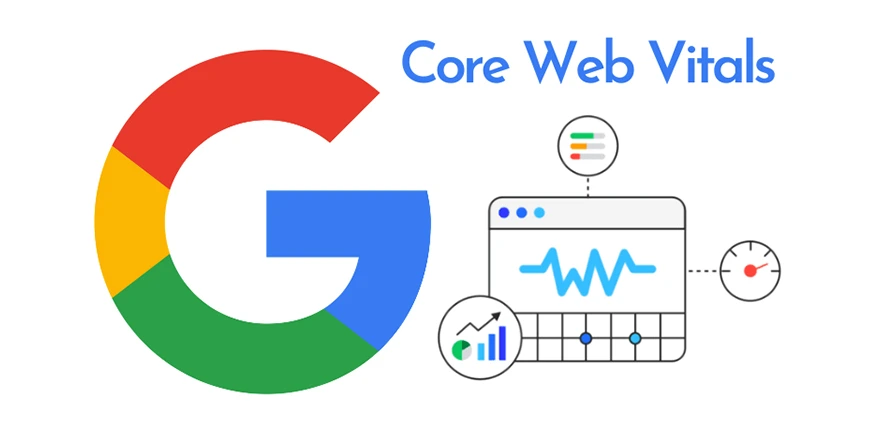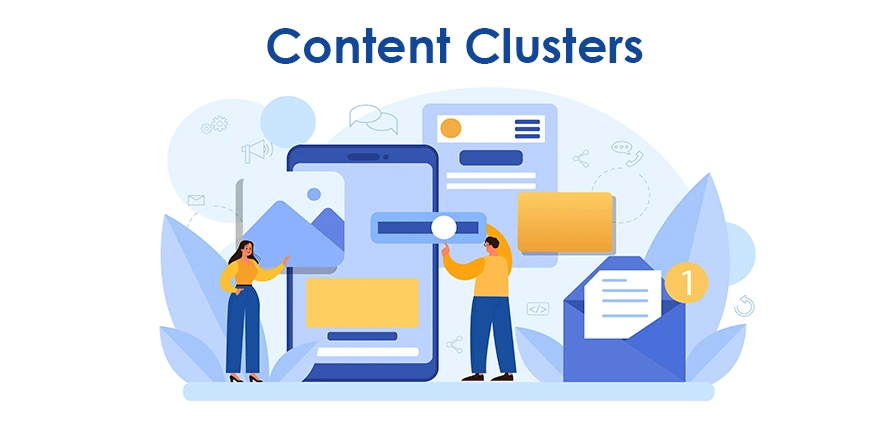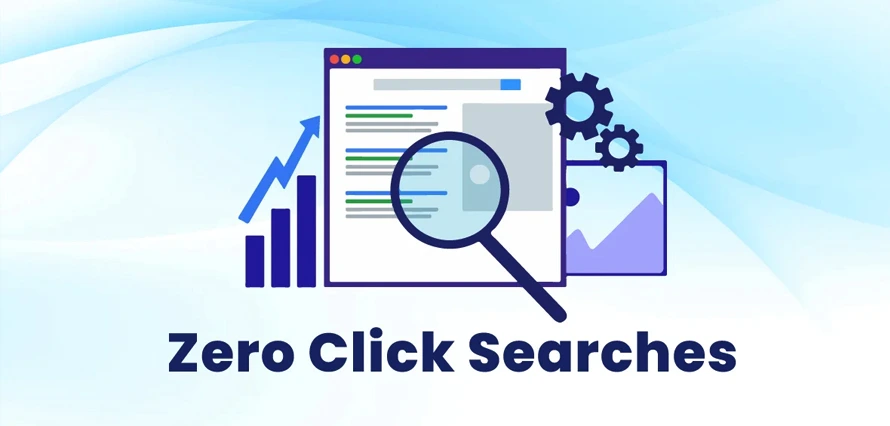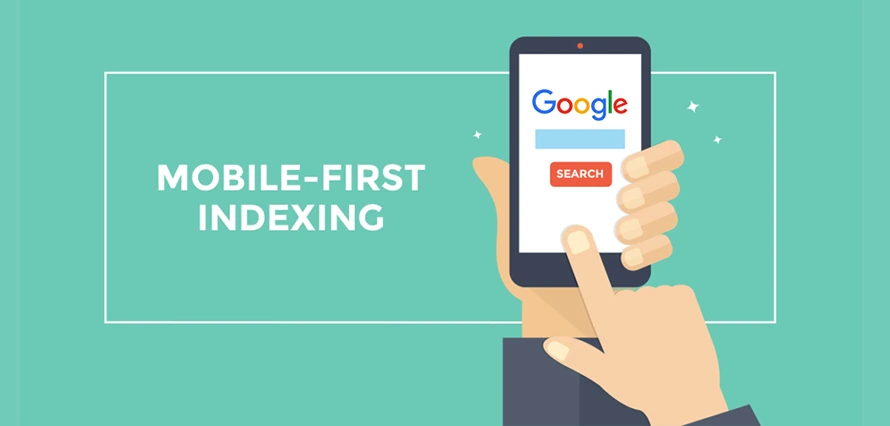Table of Contents
Search Engine Optimization (SEO) continues to evolve, and staying ahead of the curve is vital for maintaining and improving your website’s visibility and rankings. In 2025, several trends are poised to redefine the SEO services of digital world . These trends are not just incremental changes but significant shifts that require a comprehensive understanding and proactive implementation. Let’s explore these trends and how they can drive success for your digital presence by staying ahead of competitors and meeting user expectations.
Latest SEO Trends for 2025
1) E-E-A-T Evolution: Experience, Expertise, Authority, and Trustworthiness

Google’s focus on E-E-A-T (Experience, Expertise, Authority, Trustworthiness) remains pivotal. Demonstrating expertise and trustworthiness is crucial for all content creators. By establishing a solid foundation of authority, you ensure that your content not only ranks well but also resonates with your audience, fostering trust and engagement.
- Emphasize author authority by featuring detailed bios, credentials, and social proof. Highlighting the author’s background ensures credibility.
- Collaborate with recognized industry experts to build credibility. Guest posts, expert quotes, and interviews can significantly enhance perceived authority.
2) First-Hand Content Experience

Google rewards content creators with first-hand experience in their fields. This approach aligns with the emphasis on delivering genuine and insightful information rather than generic and redundant content.
- Invest in creators who have genuine hands-on expertise. Their unique perspectives add depth and authenticity to the content.
- Include case studies, testimonials, and real-world insights to enrich content. This adds a layer of practicality and relatability, making your content stand out.
3) Audience-Focused Content

Creating content that resonates with your target audience is non-negotiable. It’s no longer sufficient to merely optimize for search engines; your content must deliver real value to users.
- Utilize keyword research tools to identify relevant search trends. Understanding what your audience is looking for is the first step toward crafting impactful content.
- Deliver value-driven, engaging, and solution-oriented content. Address your audience’s pain points with actionable advice and well-researched insights.
4) AI-Driven Content

Artificial Intelligence (AI) tools are shaping content strategies by enabling efficiency and creativity. However, the key lies in using these tools responsibly to maintain originality and align with search engine guidelines.
- Use AI for content ideation, outlining, and optimization. Tools like GPT can help brainstorm and organize ideas effectively.
- Maintain originality and adhere to Google’s helpful content standards. Ensure human oversight to refine and personalize AI-generated content.
5) Visual Content Optimization

Images and videos are gaining more weight in search rankings as they enhance user engagement and provide additional context to the written content.
- Optimize image alt text and implement video schema markup to improve discoverability. These technical elements play a crucial role in SEO.
- Leverage high-quality visuals to engage users and reduce bounce rates. Infographics, explainer videos, and animations can make your content more appealing.
6) Voice Search Optimization

With the rise of smart devices, voice search is more relevant than ever. As users increasingly interact with voice assistants, optimizing for conversational queries becomes imperative.
- Focus on natural language processing and conversational keywords. This ensures your content aligns with how users speak.
- Include FAQ sections tailored for voice queries. These sections directly address common questions, improving relevance for voice searches.
7) Core Web Vitals and UX Improvements

User experience (UX) continues to be a ranking factor, emphasizing the importance of fast-loading and mobile-friendly pages.
- Prioritize Core Web Vitals, ensuring fast-loading and mobile-friendly pages. These metrics directly impact user satisfaction and rankings.
- Use tools like Google PageSpeed Insights to monitor performance. Regular audits help identify and address performance bottlenecks.
8) Content Clusters and Topic Authority

Organizing content into clusters boosts topical relevance, signaling to search engines that your site is an authority in specific niches.
- Develop pillar pages that link to supporting content. This structure improves navigation and helps users find related information.
- Establish your site as an authority in specific niches. Consistently producing high-quality content on focused topics builds credibility.
9) Enhanced Local SEO

Local search optimization remains vital for businesses with physical locations. It’s an essential trend for attracting nearby customers and boosting foot traffic.
- Optimize your Google Business Profile with accurate details, photos, and regular updates. This improves visibility in local searches.
- Incorporate location-based keywords and user-generated reviews. Positive reviews enhance trust and attract more customers.
10) Sustainability Signals

Google’s commitment to sustainability affects search algorithms, encouraging businesses to adopt eco-friendly practices.
- Embrace eco-friendly practices in digital operations. Highlighting sustainability initiatives can attract environmentally conscious users.
- Highlight green initiatives on your website. Transparency about your efforts can improve your brand image and SEO rankings.
11) Zero-Click Searches and SERP Features

Optimize for SERP features to capture audience attention directly in search results, reducing reliance on clicks to drive engagement.
- Leverage featured snippets, knowledge panels, and People Also Ask. These elements enhance visibility and authority.
- Create concise, structured answers for common queries. Simplicity and clarity are key to ranking in these prominent positions.
12) Social SEO

Social media platforms influence search visibility, making it essential to align your SEO and social strategies.
- Share engaging content across social platforms. Social signals can indirectly impact rankings by increasing traffic and backlinks.
- Build backlinks through social shares and collaborations. Partnering with influencers or complementary brands can expand your reach.
13) Link-Building Strategies

Quality backlinks are still a critical SEO factor, reflecting the importance of building a robust link profile through ethical practices.
- Focus on natural link-building by creating valuable, shareable content. Content that adds value naturally attracts links.
- Partner with reputable sites for guest posting opportunities. High-quality guest posts can drive traffic and boost authority.
14) Mobile-First Indexing

Google prioritizes mobile-friendly sites in its indexing, making mobile optimization a necessity for modern SEO.
Ensure responsive design and fast-loading mobile pages. A seamless mobile experience improves engagement and conversions.
Test your site’s usability on various devices. Regular testing helps identify and fix usability issues promptly.
- Google prioritizes mobile-friendly sites in its indexing, making mobile optimization a necessity for modern SEO.
- Ensure responsive design and fast-loading mobile pages. A seamless mobile experience improves engagement and conversions.
- Test your site’s usability on various devices. Regular testing helps identify and fix usability issues promptly.
Embrace the Future of SEO
Incorporating these SEO trends into your digital marketing plan for 2025 will ensure your website remains competitive and aligned with evolving search algorithms. Stay informed, adaptive, and focused on providing value to your audience. Continuously refining your approach and embracing innovations will keep you ahead in the ever-changing world of SEO services and web development services.







